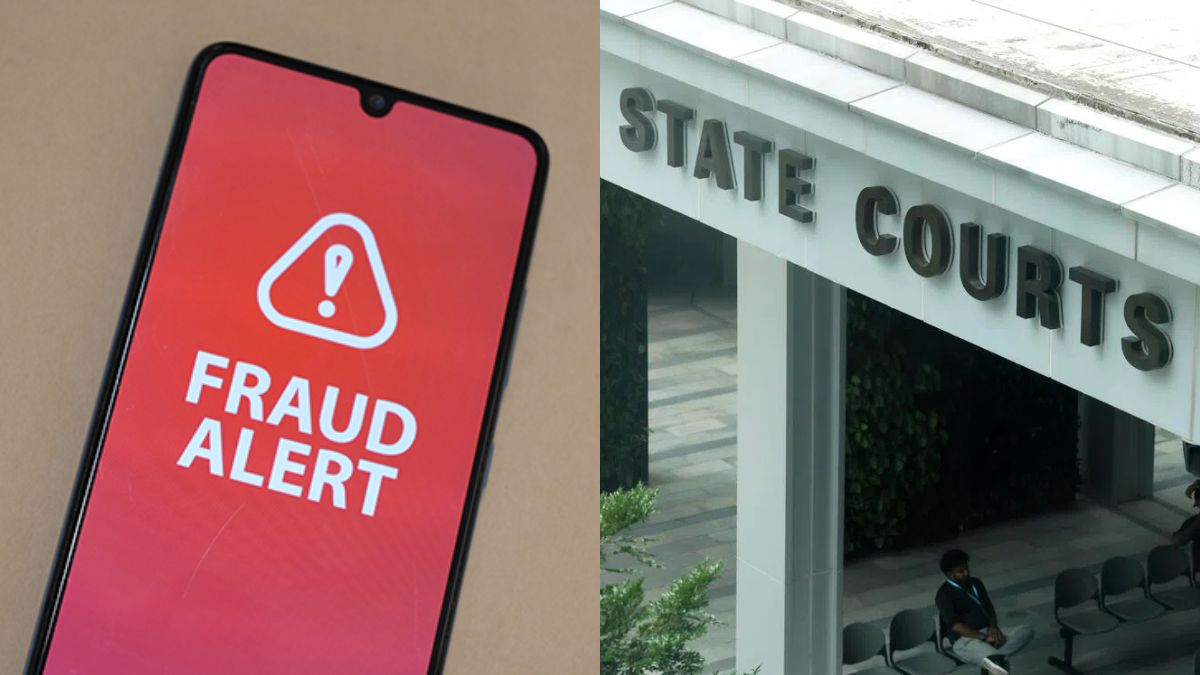Sri Lankan student charged in Singapore over fake SAF food order scams
A 22-year-old Sri Lankan student has been charged in Singapore for her alleged role in a scam network involving fake bulk food orders placed by individuals impersonating Singapore Armed Forces (SAF) personnel. She is accused of disclosing her bank login credentials for unlawful use.

- A 22-year-old Sri Lankan woman has been charged for disclosing her bank account credentials linked to fake food order scams impersonating SAF personnel.
- Police raids uncovered three suspects allegedly acting for a syndicate behind at least five cases totalling losses of S$32,000.
- The Ministry of Defence confirmed no SAF personnel were involved and urged businesses to verify large or unusual orders.
A 22-year-old Sri Lankan woman has been charged in Singapore in connection with a scam operation involving fake bulk food orders placed by individuals posing as Singapore Armed Forces (SAF) personnel.
Rajadi Rajasinghe Manamendra Patabadilage Vishwa Madavi was charged on 17 September 2025 with one count under the Computer Misuse Act.
She allegedly abetted an unidentified person by disclosing her DBS bank account password for unlawful purposes.
Bank account used to receive scam proceeds
According to the prosecution, Rajadi’s account was used to receive large amounts of money linked to the online scam network.
The scams involved bulk food purchase orders that turned out to be fraudulent.
Rajadi told the court she intends to plead guilty. Her case has been fixed for mention on 1 October.
If convicted, she faces up to seven years in prison, a fine of up to S$50,000, or both.
The woman said she is in Singapore on a student pass and told the court she would attempt to secure a bailor but was uncertain if she could find one.
She has been remanded in custody pending the next hearing.
Arrests and investigation details
Police confirmed Rajadi was one of three suspects arrested during coordinated raids conducted between 15 and 16 September across Middle Road, Woodlands Street 81, and Cantonment Road.
The other suspects include a 31-year-old man and a 16-year-old male, whose cases are still under investigation.
Officers seized several electronic devices and pre-paid cards believed to be linked to the scam.
Preliminary investigations suggest the trio acted under instructions from a larger syndicate that orchestrated the fraudulent bulk order scams.
One suspect is believed to have assisted unknown individuals in subscribing to mobile lines, some of which were later traced to scam-related activities.
Victims and losses reported
Since 4 September, at least five police reports have been lodged concerning the scam series, with total losses amounting to about S$32,000.
In a related advisory on 14 September, the Ministry of Defence (MINDEF) confirmed seven cases of similar scams targeting food and beverage businesses.
MINDEF emphasised that no SAF personnel were involved in the frauds.
The scams typically target small food operators. Fraudsters impersonate SAF or other institutional staff to place large orders, often requesting unusual items or urgent deliveries.
Victims are then referred to an alleged “supplier” who is part of the syndicate.
The scammers use doctored screenshots or fake payment proofs to convince victims that partial or full payments have been made.
Businesses only realise they have been scammed when payments do not arrive, goods remain undelivered, and the scammers become uncontactable.
Broader pattern of impersonation scams
Police said similar schemes have also emerged involving fraudsters posing as school staff to make bulk reservations or purchase requests.
Eateries and catering outlets, including a nasi lemak shop, were among those affected in recent incidents.
Authorities have urged business owners to remain vigilant, particularly when receiving large or unusual orders from unfamiliar clients.
Businesses are advised to confirm orders through official communication channels and to avoid relying solely on digital payment confirmations.
Police added that syndicates continue to evolve their methods to exploit unsuspecting victims and urged the public to stay alert to new scam tactics.
Investigations into the broader network and the involvement of the remaining suspects are ongoing.








0 Comments